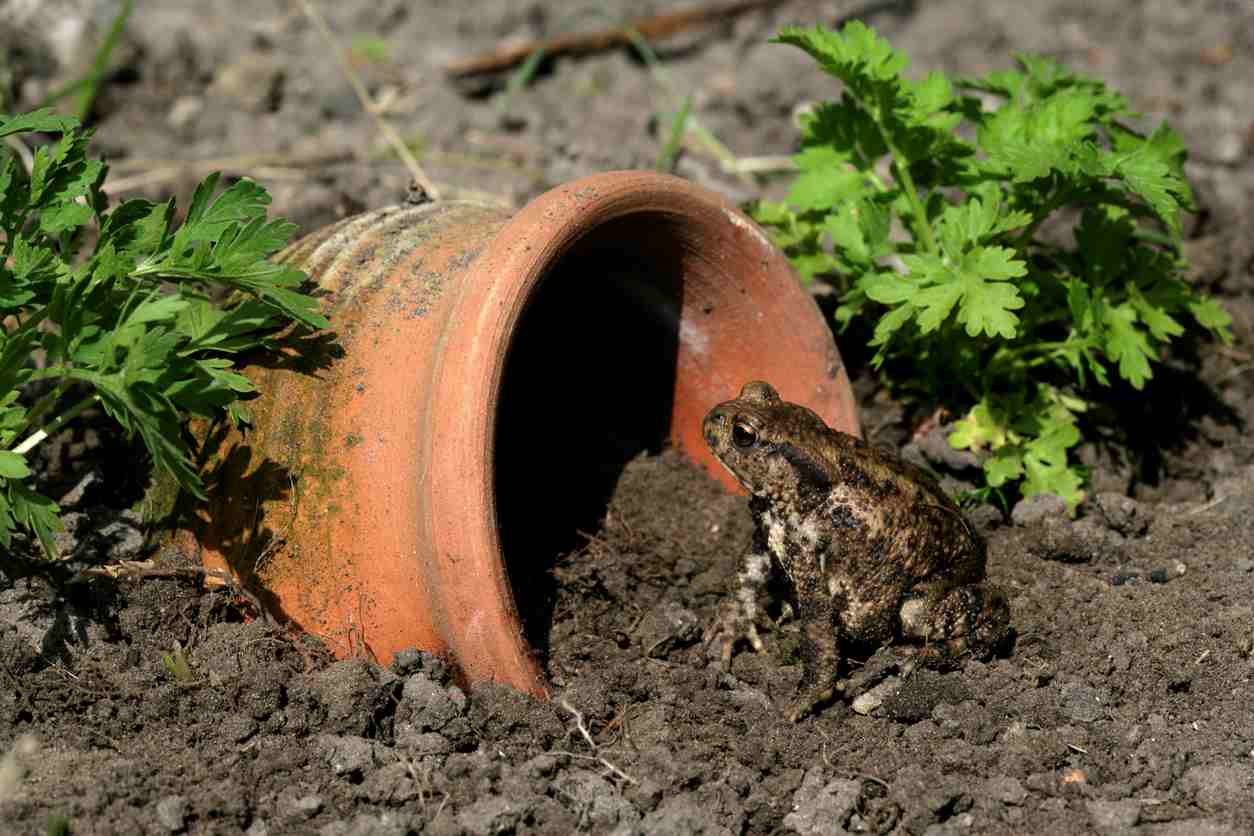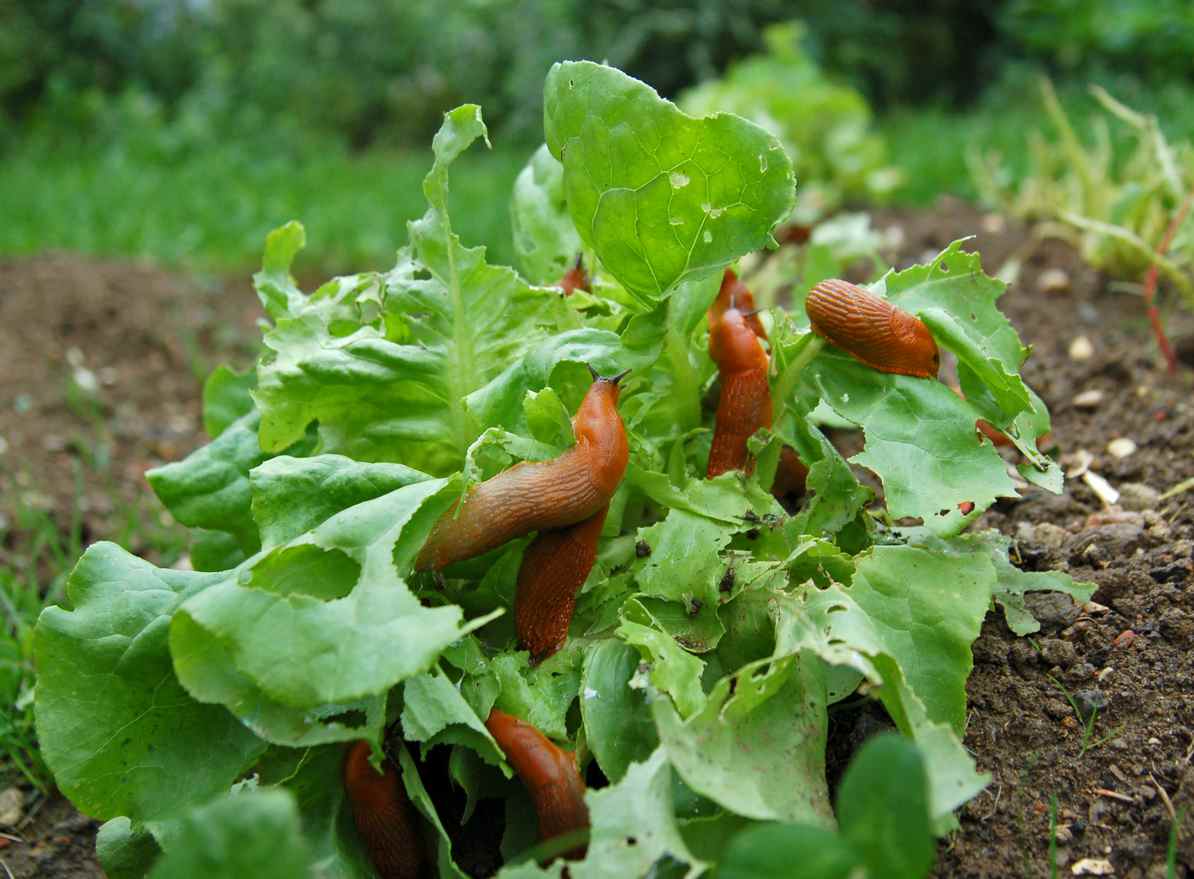
What are the dangers of slugs for your garden?
Slugs represent a scourge for the garden and cultures in general. They attack seeds in the germination phase as much as plants. They are therefore present at all stages of plant evolution. Although they attack all crops, they are found more particularly in certain varieties of plants and species.
Slugs represent a significant economic impact because the visible damage, particularly on the leaves (holes and mucus), is not binding for purchase and such damage can also represent infectious sources. Whether it is wheat crops or the private vegetable garden, the slug must be repelled, but, if possible, using natural remedies and not by using chemicals harmful to our health.
1. Copper against slugs
Copper is like an electric barrier and will deter slugs from crossing the border. This is a material that can be used in the form of strips or sheets to constitute your anti-slug barrier, taking care to check the contact of the barrier with the ground to reinforce its effectiveness. When the slug comes into contact with the copper, the electrical reaction may dissuade it from going further.
2. Recycle your eggshells
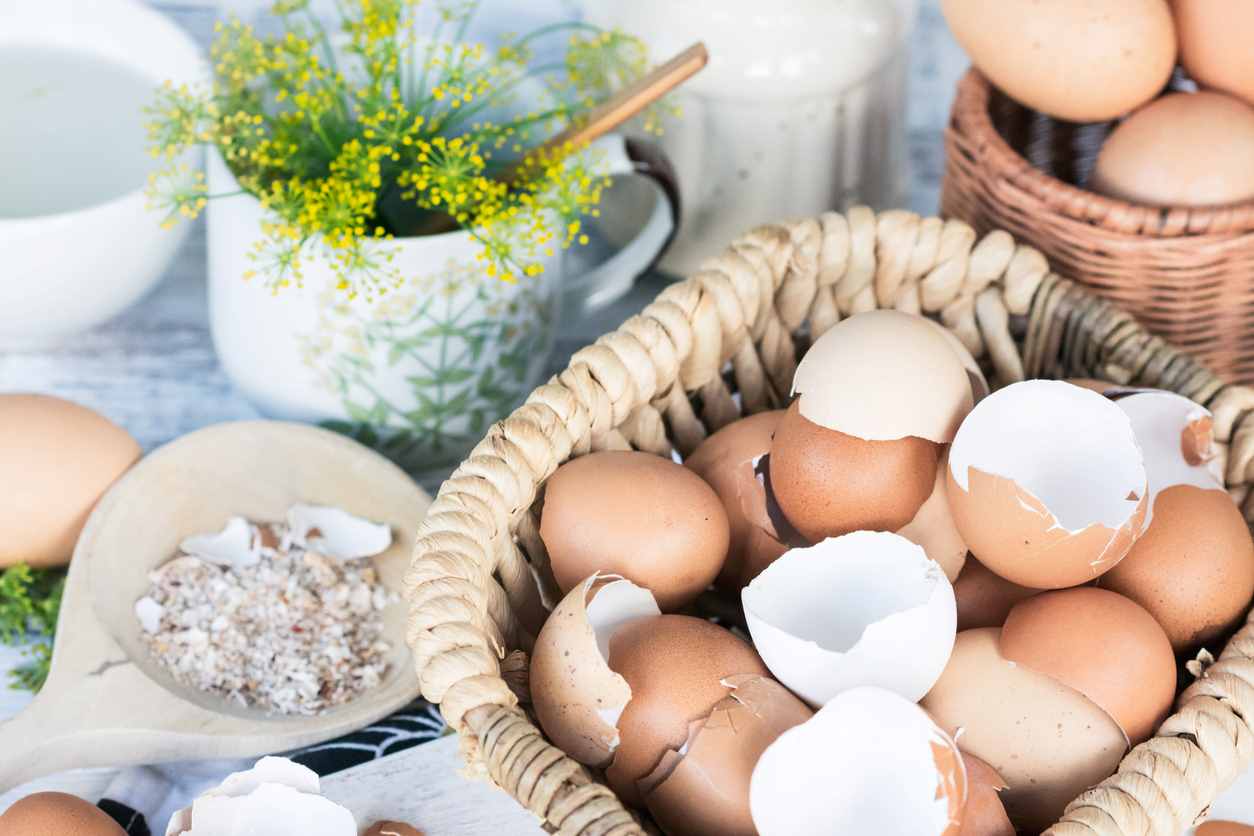

Eggshells are one of the natural remedies that work quite well to keep slugs away. Simply crush them finely and arrange them to build a physical barrier around plants and keep away slugs that don’t like their rough surface. The best part is that these eggshells contain calcium which is good for the soil and plants.
3. Garlic spray: natural slug repellent!
Garlic is a natural ingredient used for many applications and the subject of the best grandmother’s remedies. To create a slug repellent with garlic we will follow the following recipe:
- start by very finely chopping 10 cloves of garlic and adding 5 liters of water;
- bring the mixture to a boil. Once brought to a boil, simmer for about 15 minutes under the lid;
- Once this mixture has cooled, put it in a spray bottle after filtering it.
You can then spray your plants with this garlic-based repellent to keep all the slugs away from your garden.
4. Create a beer trap
Slugs are attracted to the smell of beer. We can use this natural means to trap them in the following way:
- use a container with flat edges, saucer type, to pour beer in sufficient quantity. The bottom of a plastic bottle can do the trick;
- the principle is to place the beer traps where the slugs pass, but particularly, where you notice that slugs are very present and causing damage (example: around vegetables and flowers).
Result: The slugs, attracted by the smell of the beer, will rush into the saucer and drown there or, failing that, be intoxicated by the beer which will prevent them from leaving the saucer to cause damage.
Place beer traps at the end of the day as slugs are particularly active at night. Remember to regularly check your beer traps and empty them of any slugs that have been trapped, then adjust the beer quantity again.
5. Coffee grounds
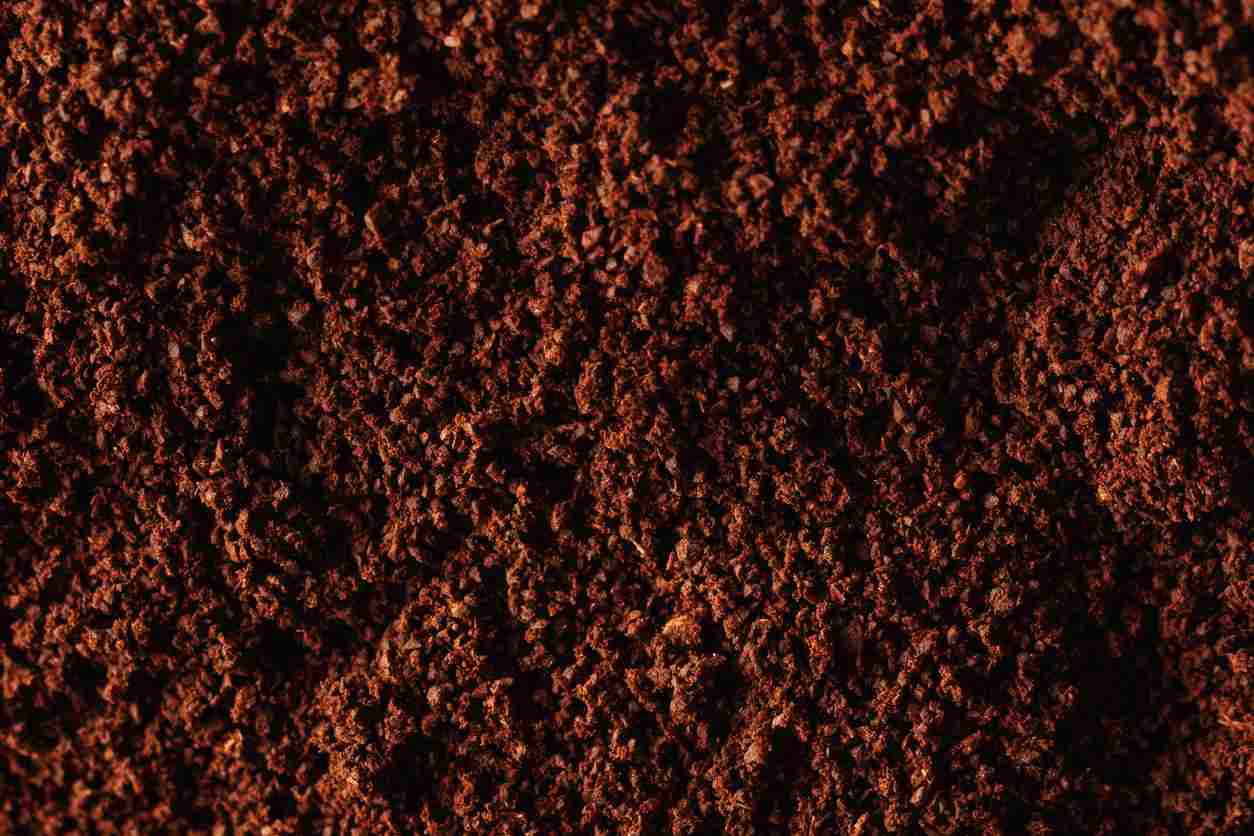

Save coffee grounds: we already do this for beauty care (perfect for a scrub), or for se get rid of odors in the pipes. In the garden, coffee grounds are also used to create beautiful plants (perfect for rose bushes).
But did you know that it is also a slug repellent?! You just need to arrange it in thick layer all around your vegetable and plant plantations to keep slugs away. Plus, it’s also a great way to keep ants away! No coffee grounds on hand? You can use ground coffee the same way. But coffee lovers will prefer to enjoy their coffee and collect the grounds for the slugs and not waste this beverage!
6. Petroleum jelly
The slippery appearance of petroleum jelly makes it an ally for make the pots inaccessible because the slugs can no longer move on their surface which has become slippery.
Simply gently brush the edges of the plant pots and other containers by focusing on the edges and slugs will no longer be able to cling to them. This method only works on containers, it is necessary to add another method for plantations which do not have containers and which would be easily accessible to slugs (example: to combine with the coffee grounds method).
7. White vinegar against slugs
White vinegar, well known for its cleansing propertiesis also effective as a repellent against slugs and snails.
However, although effective when applied directly to these pests, its frequent use in the garden is not recommended. Diluted to 50% and used as a spray, it can be harmful to soils and plants due to its acidity. For domestic applications, however, it remains a risk-free choice!
8. Walnut shells
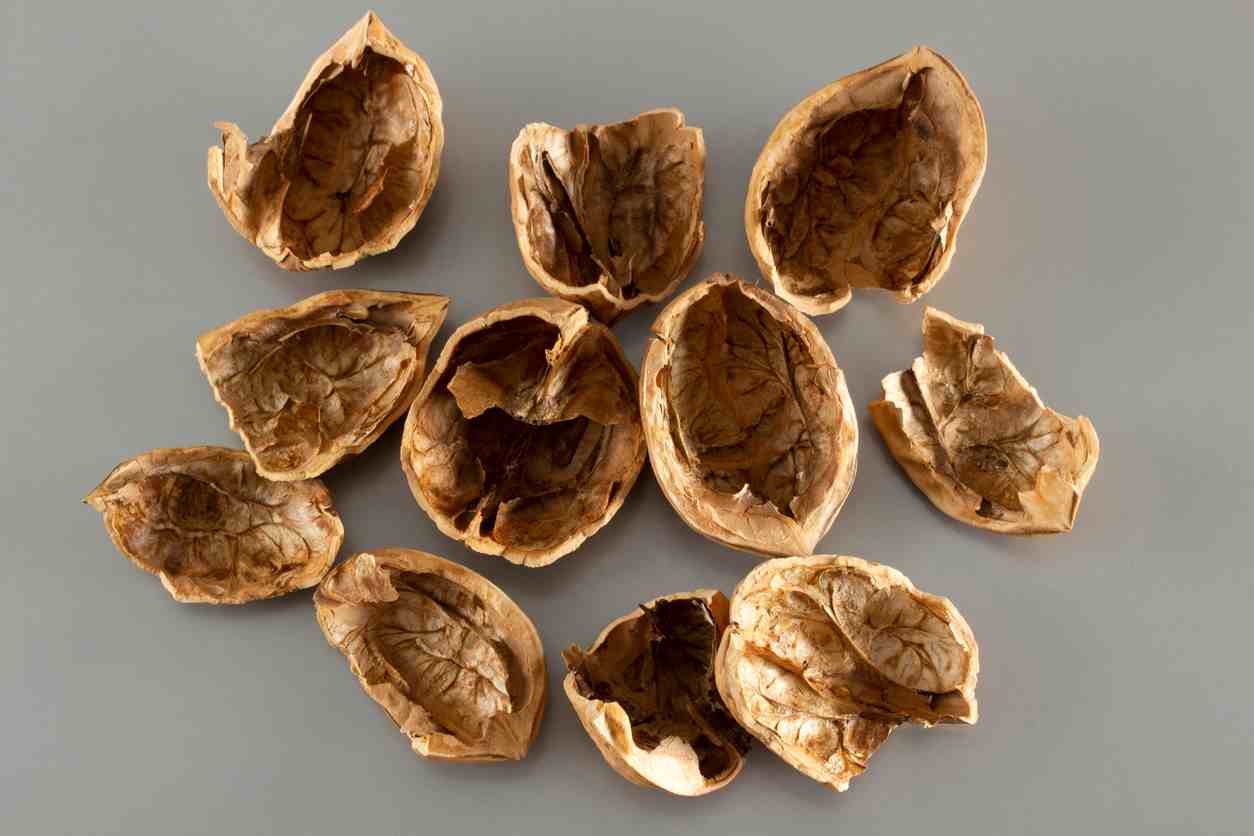

Walnut shells, just like eggshells, can serve as an excellent natural slug repellent in your garden. Simply by breaking these hulls into small pieces and placing them around your plants, you create an effective protective physical barrier.
Slugs, finding this texture unpleasant under their soft bodies, will turn back, thus sparing your vegetables and plants without the use of chemicals!
9. Anti-slug plants
11. The hedgehog
Slugs have many predators. Nature works like this, which allows us not to be invaded by certain species. It is also important not to break the natural chain so that all species can feed themselves.
Among the predators of the slug, the Hedgehog can be invited into your garden. This will help you quickly get rid of your slug problem. To open your garden to the hedgehog, you must avoid putting nets around your plants so that they do not get trapped and leave several small passages in your garden fence. Also provide a few small piles of branches and foliage because hedgehogs like to be able to hide.
12. Birds eat slugs
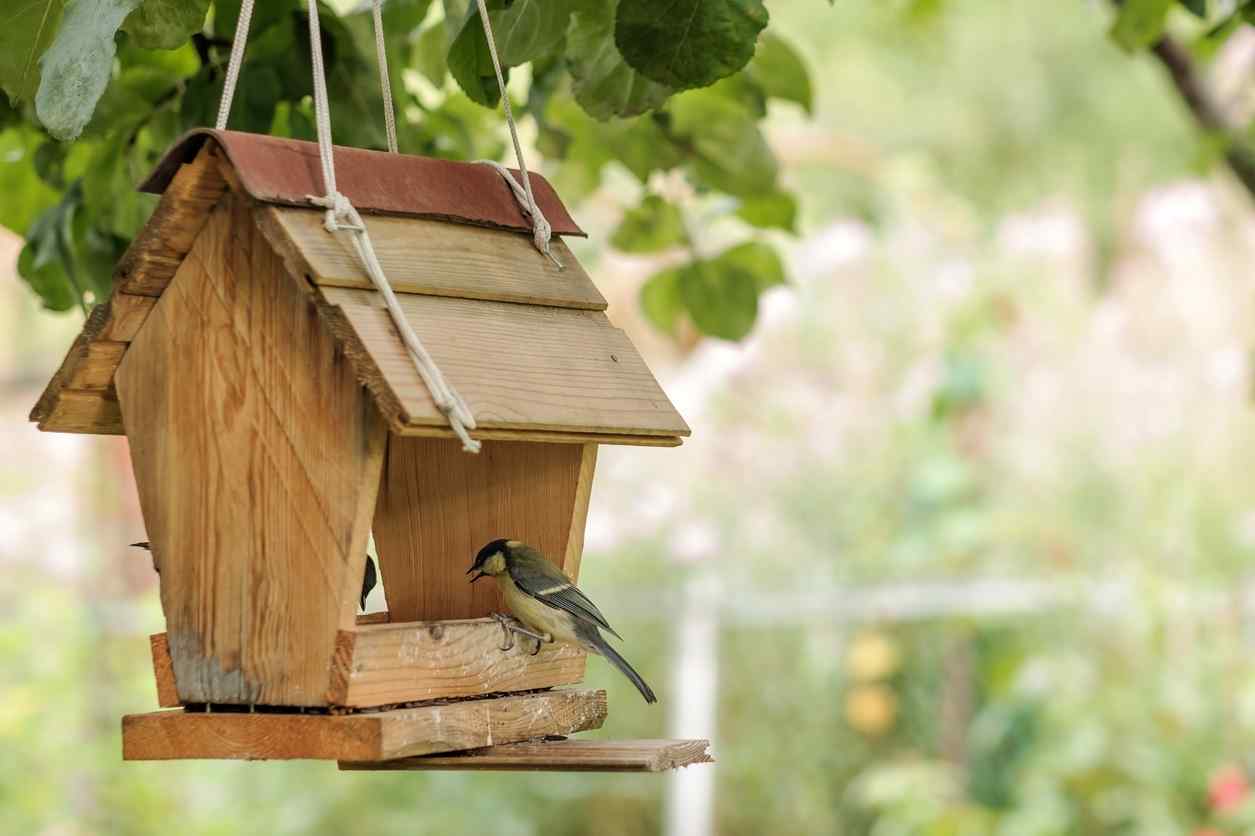

These amphibians eat a lot of slugs! To encourage their presence the ideal is to have a water point, by creating wet habitats such as artificial ponds or by creating small shelters with piles of stones or wood. This can greatly benefit the biodiversity of the garden and contribute to a healthier and more self-sustaining ecosystem.
15. Wasps and ants
Wasps and ants play a crucial role in our ecosystem. They are natural predators of many harmful insects, and you will have understood, they are also for the slug! These insects are essential for regulating their population and thus limiting the damage caused by these molluscs on plants. The presence of wasps and ants encourages a healthier and more diverse garden, while reducing the use of chemical pesticides.
It is therefore important not to kill these little creatures which are essential for your garden!
To protect your garden from slugs which can cause significant damage to plants, we will favor natural methods which are less harmful to our health and that of the earth, compared to chemical products.
You can choose from many solutions such as: the beer trap, petroleum jelly, garlic decoction, coffee grounds… or even by inviting some natural predators such as hedgehogs or birds into your garden. . Methods that are both natural and economical to get rid of slugs in the garden!


